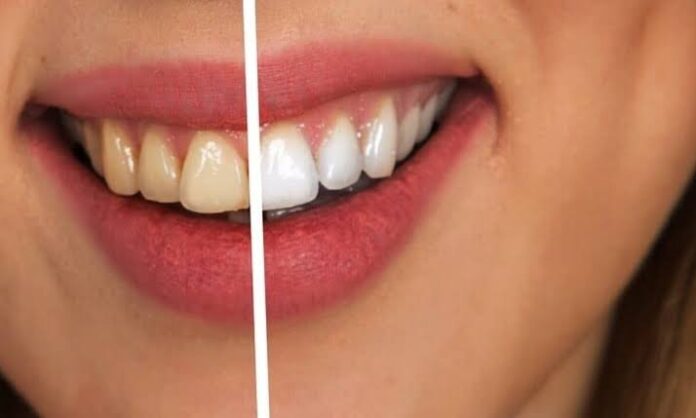Dental fluorosis arises from excessive fluoride absorption during tooth development, particularly in the permanent teeth, which occurs from birth until around 12-14 years of age. The effects, such as white streaks, porous enamel, and tooth discoloration, may manifest years after exposure. The severity of fluorosis depends on the dose, duration, and timing of fluoride exposure during enamel formation. While the exact mechanism of fluoride’s impact on enamel mineralization is not fully understood, no threshold has been identified for dental fluorosis risk. Fluorosis can occur in areas with or without fluoridated water, as well as with excessive use of fluoride supplements and toothpaste.
Evidence on Skeletal Fluorosis
Fluoride incorporation into bone minerals can weaken the bone matrix, leading to skeletal fluorosis with prolonged exposure to high fluoride levels. This condition is prevalent in regions with exceptionally high fluoride intake, often due to naturally occurring fluoride in drinking water or burning fluoride-rich coal. Notably, skeletal fluorosis is rare in Europe, primarily observed in workers in mineral processing industries rather than the general population. Studies have not shown a clear association between water fluoridation and bone fracture risk, and there may even be a slightly lower risk at low fluoridation levels.
Evidence on Osteosarcoma
Fluoride has undergone extensive testing for mutagenic and carcinogenic effects, with limited evidence of mutagenesis and equivocal evidence of carcinogenesis in rats. Epidemiological studies have not strongly linked fluoride in drinking water to cancer, including osteosarcoma, which is rare and complicates epidemiological investigations. Recent studies suggest no clear association between fluoride exposure and cancer risk, leading to the classification of fluoride as non-carcinogenic.
Evidence on Neurological Effects
Animal studies indicate minimal or no adverse neurological effects of fluoride, even at high doses. Human studies have not shown thyroid abnormalities at typical fluoride exposures. While some studies in China suggested a potential link between high fluoride intake and lower IQ in children, these findings lack robust control and may be influenced by other factors like diet or environmental conditions. Overall, there is insufficient evidence to support the notion that fluoride in permitted concentrations reduces children’s IQ or poses neurological risks.
Evidence on Reproductive Effects
Animal studies on fluoride’s reproductive toxicity show no adverse effects, even at high doses. Human studies have not provided new evidence indicating fluoride’s influence on male or female reproduction. Although a few studies suggested a potential impact on reproductive hormones, they are inadequately designed for risk assessment. Consequently, fluoride in permitted concentrations in drinking water is deemed to have no reproductive effects, based on current evidence.



















